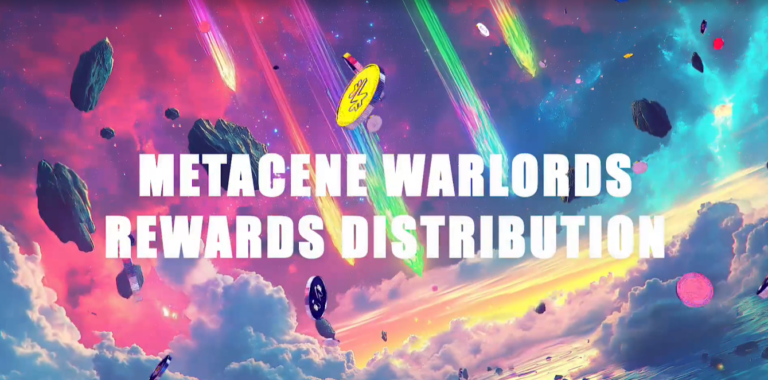Imagine you’re running a groundbreaking blockchain gaming company—let’s call it “Immutable”—and things are going pretty well. You’ve got a cool platform and your own cryptocurrency, IMX. But then, out of nowhere, the U.S. Securities and Exchange Commission (SEC) comes knocking with something called a Wells notice. Let me walk you through what’s going on, why it matters, and what you should remember about this.
What Is a Wells Notice?
Think of a Wells notice as an official letter from the SEC, like a warning signal. It tells a company that the SEC might be taking legal action against them for breaking securities laws. It’s not the same as being sued, but it’s like being told, “We’re seriously considering it.” Normally, before a company gets a Wells notice, there are long discussions between its lawyers and the SEC to clear things up. But here’s the catch: Immutable got this notice almost immediately after their first meeting with the SEC—within hours, not months. This is unusual and makes it sound like the SEC means business.
What’s the Problem Here?
The SEC’s issue seems to center around what happened in 2021 when Immutable launched and sold its token, IMX. But there’s a twist—the notice didn’t come with much explanation. So while Immutable knows it’s probably about those 2021 sales, they don’t have clear details.
You might be wondering, why does this even matter? It matters because the SEC has been cracking down on crypto companies for not following traditional financial rules. The SEC believes that many of these digital assets, like IMX, could be considered securities. And in the financial world, if you’re dealing with securities, there are specific rules to follow: registering with the SEC, protecting investors, and more.
Why Is This Important for You?
This story touches on a much bigger debate in the world of blockchain and crypto—how do we balance innovation with regulation? Here are some key points to remember:
- Securities Law: The SEC uses laws that were designed for traditional financial products, like stocks and bonds. Crypto companies argue that these old rules don’t fit digital assets well.
- Regulatory Battles: Crypto firms like Coinbase, Kraken, and even big trading platforms like Robinhood have also been in similar situations. This means that more companies could face legal battles, affecting the entire market.
- The Role of Innovation: Immutable’s response is emotional and strong. They claim that IMX isn’t a security and are ready to fight for their stance. They’re standing up for the idea that blockchain technology can change the internet for the better—specifically for 3.1 billion gamers worldwide who could benefit from digital ownership.
Why Should You Care?
If you’re into tech and finance, understanding cases like this helps you grasp the push and pull between innovation and law. Regulations shape how fast the crypto industry can grow and which projects survive. Knowing how authorities like the SEC act can teach you which projects might face legal roadblocks and how that affects the whole market—including your potential investments or career opportunities in this field.
The Emotional Hook: The Fight for Digital Freedom
Immutable’s statement hits deep for those who believe in the future of digital assets. They’re not just defending IMX; they’re advocating for everyone who believes in decentralization and the power of blockchain. Imagine a world where every gamer can truly own their in-game items, not just rent them. Immutable wants that world to exist and is ready to battle the SEC to protect that vision.
Key Terms to Remember:
- Wells Notice: A warning from the SEC that legal action may be on the way.
- Securities Law: Rules that govern financial assets and protect investors.
- Blockchain: A digital ledger used to securely store and verify transactions.
- IMX: The cryptocurrency issued by Immutable.
This story is a prime example of how technology challenges old rules and why understanding regulation can be just as important as understanding code. Keep an eye on cases like these—they’re shaping the future of finance and digital ownership.



